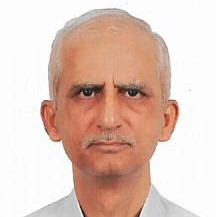I have explained the concept of "self' or the "perceived reality' of an individual, which is the state of his consciousness at the time of awakening from sleep, in my previous article. This "self' persists and influences the quality of that particular day through "our built-in biofeedback'. I emphasized on the presence or absence of the quality of bliss.
Blissfulness is the core quality that would determine the expression of other faculties of the mind. When a person is blissful, his mind is calm and his intellect and judgment is optimal. Blissfulness is the natural quality of the "self' as is evident in children. Being blissful allows all other human faculties to blossom.
As grownups many of us would feel far removed from bliss. This is because we allow the mind and its senses to dwell upon so many things in our day-to-day lives. Thus the "self' or the "perceived reality', even if it is blissful soon after a good night's sleep, soon forgets this core reality of bliss.
The problem is to recover from this "superimposed reality' that is lacking in bliss and reach back again to the "self' that is blissful. Our mind should release itself from the problems of the day and start dwelling on the inner "self' that is hidden from consciousness.
Many would be able to do this involuntarily by just relaxing and going to sleep. On reaching the deep sleep state, freed from thoughts and input from the senses the individual experiences pure bliss.
But in today's world more and more people find it difficult to get released from the thoughts of the day. To overcome this problem, several techniques of relaxation and meditation are available. The individual may choose the particular technique that appeals to him most.
A simplified understanding of meditation is - it is basically the process of consciously transcending the "apparent self' to reach the "inner self', which is blissful.




